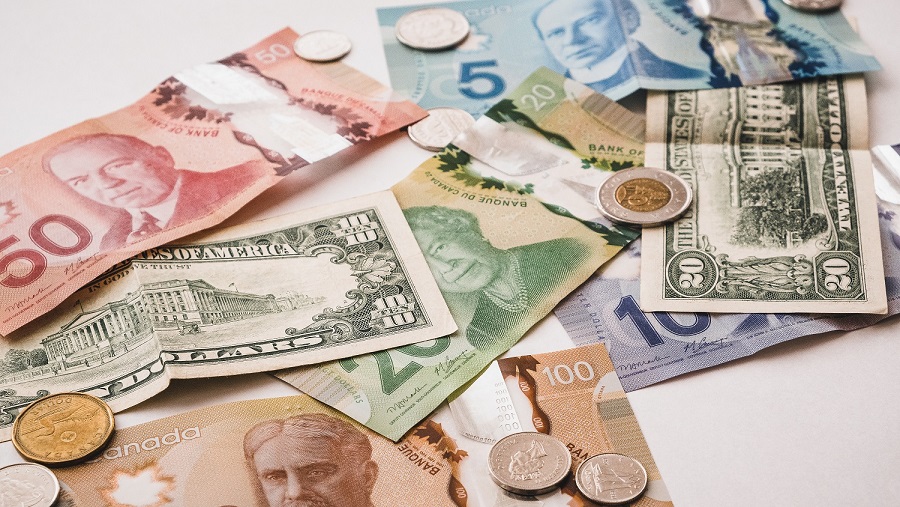Forex trading, also known as foreign exchange trading, is a global decentralized market where currencies are bought and sold. In this comprehensive guide, we’ll delve into the intricacies of forex trading, providing you with a clear understanding of its operations and mechanisms.
What is Forex Trading?
Forex trading involves the buying and selling of currencies with the aim of making a profit. Unlike traditional stock markets, forex operates 24 hours a day, five days a week, due to the international nature of the market. The main players are central banks, financial institutions, corporations, and individual traders.
How Does Forex Trading Work?
- Currency Pairs: In forex, currencies are traded in pairs (e.g., EUR/USD, GBP/JPY). The first currency in the pair is the base currency, and the second is the quote currency. The exchange rate tells you how much of the quote currency you need to purchase one unit of the base currency.
- Bid and Ask Prices: The bid price represents the maximum price a buyer is willing to pay for a currency pair, while the ask price is the minimum price a seller is willing to accept. The difference between the two is known as the spread.
- Leverage: Forex trading often involves leverage, which allows traders to control a large position with a relatively small amount of capital. While this can amplify profits, it also increases the risk of significant losses.
- Market Participants: As mentioned earlier, participants include central banks, financial institutions, corporations, and individual traders. Central banks can influence currency values through monetary policy.
Factors Influencing Forex Markets
- Economic Indicators: Economic data like GDP, unemployment rates, and inflation greatly affect currency values. Positive economic data tends to strengthen a currency.
- Interest Rates: Higher interest rates often attract foreign capital and increase currency value. Central banks’ decisions on interest rates play a crucial role in forex markets.
- Political Stability: Countries with stable governments generally have stronger currencies, as they provide a secure environment for investments.
- Geopolitical Events: Events like elections, trade agreements, and conflicts can have a significant impact on forex markets.
Risk Management in Forex Trading
- Stop-Loss Orders: These are predetermined points where traders will exit losing trades to limit potential losses.
- Diversification: Avoid putting all your capital into a single trade or currency pair. Diversification helps spread risk.
- Use of Proper Position Sizing: Determine how much of your trading capital to risk on a single trade based on your risk tolerance.
Conclusion
Forex trading is a dynamic and potentially lucrative market, but it comes with its risks. Understanding the intricacies of currency pairs, market dynamics, and risk management is essential for success. Keep in mind that thorough research, practice, and a disciplined approach are key components of a successful forex trading strategy.
Remember, forex trading involves substantial risk and is not suitable for all investors. It’s important to educate yourself thoroughly and, if necessary, seek advice from a financial advisor.
The Best Way to Learn Forex Trading for Beginners: A Comprehensive Guide

